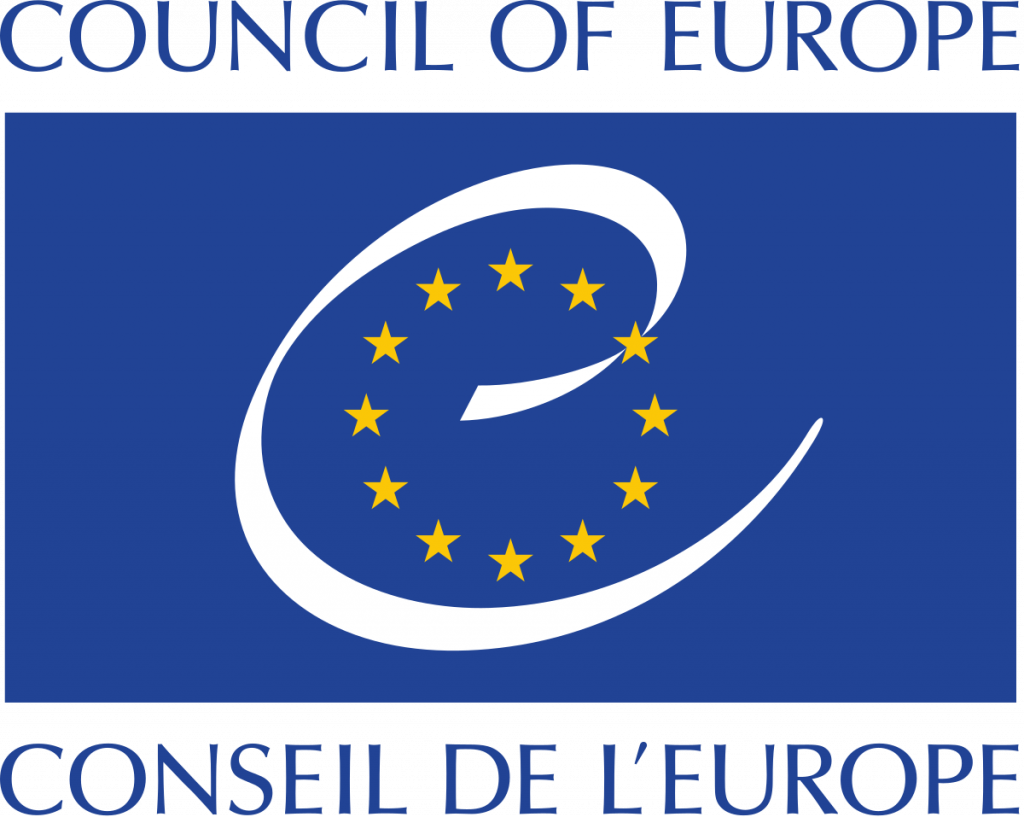We are delighted to announce that the Council of Europe’s Video Game Culture Working Group, within the framework of the Digital Citizenship Education project, will contribute to our conference with a panel on Video Game Culture and Creativity organized by the DCE’s Video Game Culture Working Group. More specifically the panel will discuss and address the possibilities in terms of creativity that Video Games can offer in everyday and educational contexts.

November 22, 2022 | Eva Senses hotel, Av.da República 1, Faro, Portugal
Video Game Culture and Creativity
A digital citizen is someone who uses technology safely, ethically and responsibly and who has the ability to engage positively, critically and competently in the digital environment. One who often draws on skills of effective communication and creativity and responsible use of technology, to practice forms of social participation that are respectful of human rights and dignity, through. Being a digital citizen, in other words, means creating, working, sharing, socializing, investigating, playing, communicating and learning with competence and positive engagement in today’s society. It means being able to benefit wisely from the different forms of entertainment that technologies allow by properly balancing one’s own “media diet”.
Video games are among the most popular entertainment industries in the world. It is possible to play games almost everywhere, at almost any time, on almost any kind of device: sitting on the couch with a home console plugged into a television, riding the bus or metro with a portable console, sitting in the back of a classroom toggling on a smartphone, or even while falling asleep in bed with a tablet. They are fun, engaging and designed to capture players’ attention. These factors bring both opportunities but also challenges to the lives of children and young people.
The Council of Europe considers Digital Citizenship Education a key element to nurture a positive, inclusive and effective video game culture for tomorrow’s citizens. The more aware future generations are of the economic models, structures, languages, risks and opportunities within video games, the more it will be possible to build a society that is open and ready to recognise the beauty of this medium, and benefit from it, build better games, and minimise the dangers that video games, as well as other media, can inevitably have.
Promoting a positive video game culture means generating pedagogical reflection around video games: thinking about it as a cultural tool able to foster many facets not only hedonism but also to cognition, learning and development of a person. It also means considering video games worthy of study and accurate and careful analysis of its characteristics, mechanics, and languages.
The panel addresses the possibilities and the potentials that video games can offer in terms of creativity by proposing different points of view. Creativity as a means to foster culture and education for cultural awareness; game tools to foster creativity among players; creativity and self-expression in game cultures outside of games themselves; incentivizing creativity outside of games through games design; creativity in video games for healthcare, rehabilitation and wellbeing; and creativity to address hate speech in video game cultures.
List of speakers:
• Alessandro Soriani (Panel’s chair) – Department of Education Studies, University of Bologna / Expert
consultant for the Council of Europe’s Digital Citizenship Education project
• Andrew Burn – UCL Institute of Education, UCL London Global University, United Kingdom
• Mikko Meriläinen – Tampere University Game Research Lab, Finland
• Lobna Hassan, Lappeenranta-Lahti University of Technology, Finland
• Per Stromback – Swedish Game Developers Federation
• Anthony Lewis Brooks, CREATE department, Aalborg University, Denmark
• Susana Costa and Bruno Mendes da Silva: CIAC, University of the Algarve, Portugal

